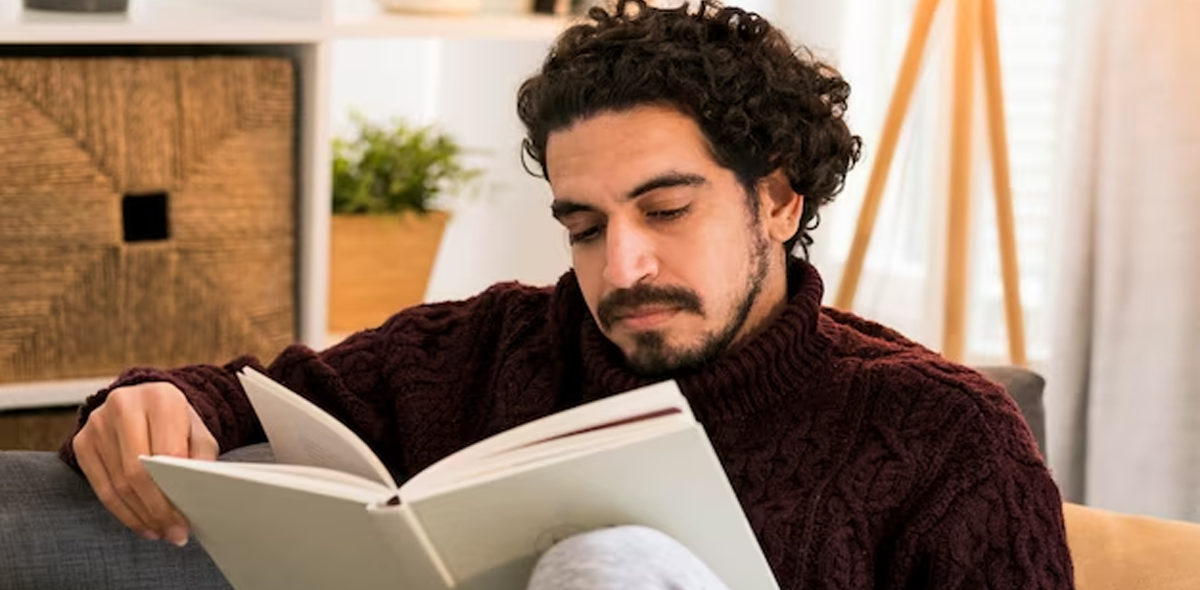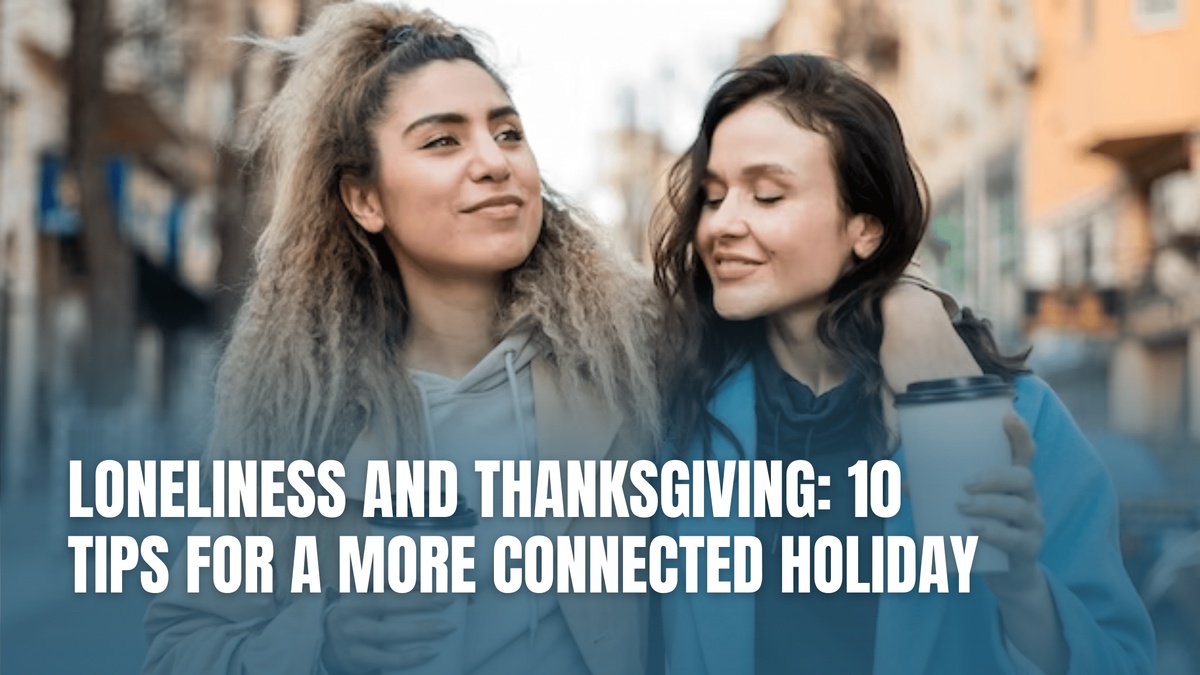Thanksgiving is a time traditionally associated with warmth, togetherness, and gratitude. However, for some people the holiday season can elicit feelings of loneliness and isolation. Read on for ways to have a more connected and meaningful holiday.
Why You Might Feel Lonely Over Thanksgiving
Absence of Loved Ones
You may live far from those dear to you. When you do not have family or close friends around, it can amplify your feelings of solitude.
Idealized Expectations
The media and popular culture often portray Thanksgiving as a pumpkin pie-filled aesthetic holiday. We see images in fall colors of families, a beautifully set table, and people enjoying themselves. These fantastical expectations can make you feel inadequate or isolated.
Seasonal Depression
Seasonal Affective Disorder (SAD) is a type of depression that occurs seasonally, often in the fall and winter months. It coincides with the holiday season and so can intensify feelings of sadness or loneliness.
Cultural Differences
Thanksgiving is primarily celebrated in the United States. Still, everyone does not have the same traditions or associations with this holiday. If you come from a different cultural background or live in a place where Thanksgiving is not widely observed, you might feel disconnected from the festivities around you.
Personal Circumstances
A recent breakup, financial difficulties, grief, or health issues can add to feelings of loneliness during the holiday.
Tips to Feel Less Lonely Over Thanksgiving

1. Connect Virtually
In our digital age, connecting with loved ones is quite easy. You can use video or phone calls to reach out to family and friends. Sharing a virtual meal or simply chatting can help create a sense of togetherness.
2. Host a Virtual Gathering
Consider hosting a virtual Thanksgiving gathering via a video conferencing platform. You can all cook and then sit down and (virtually) eat together. This is a creative way to maintain traditions and create new memories.
3. Plan Ahead
Loneliness can often be exacerbated when you have too much unstructured time on your hands. Create a schedule for the day, which includes activities you enjoy or tasks you want to complete. Keeping yourself busy can help prevent feelings of isolation. You can read a book, watch your favorite movies or shows, practice mindfulness or meditation, take a long bath, or do some comfortable stretches. Focusing on self-care can improve your mood and well-being.
4. Volunteer
You can spend part of the holiday volunteering at a local shelter, food bank, or community organization. Helping others in need can be a fulfilling and meaningful way to spend the holiday. You may make new friends in the process!
5. Reach Out to Friends
Make a plan with friends who are also alone for the holiday. Invite them to join you for a meal, a walk, or simply spend time in conversation. Shared experiences can provide support and lessen the sense of loneliness.
6. Embrace Outdoor Activities

If the weather permits, spend some time outdoors. Go for a walk or bike ride in a nearby park or nature reserve. Nature has a calming and rejuvenating effect. You may encounter friendly nature enthusiasts!
7. Cook a Special Meal
You have the power to shape your Thanksgiving experience in a way that brings you joy and fulfillment. Even if you are spending Thanksgiving alone, consider preparing a special meal for yourself. Cooking can be therapeutic and rewarding.
9. Gratitude
Take time to reflect on the things you are grateful for. It is natural to focus on what you lack during moments of loneliness. However, shifting your mindset to gratitude can help you appreciate the positives and increase your overall happiness.
10. Seek Support
If you find that loneliness during this holiday is particularly challenging for you, do not hesitate to seek support. Reach out to a therapist or counselor who can help you navigate these feelings and provide further coping strategies.
Trust Mental Health has a team of BIPOC therapists that offer various therapeutic services, including depression therapy, in California. Contact us today for a free 15 minute consultation. We will match you with a therapist best suited to your needs.
FAQs
What is depression therapy?
Depression therapy is a treatment approach that involves talking to a trained therapist or mental health professional to address and manage symptoms of depression.
How do I know if I need depression therapy?
If you experience persistent feelings of sadness, hopelessness, loss of interest, or other depressive symptoms that interfere with your daily life, seeking therapy is a good option.
How long does depression therapy typically last?
The duration of therapy varies depending on individual needs and the severity of depression. It can range from a few weeks to several months or longer.


No comments yet